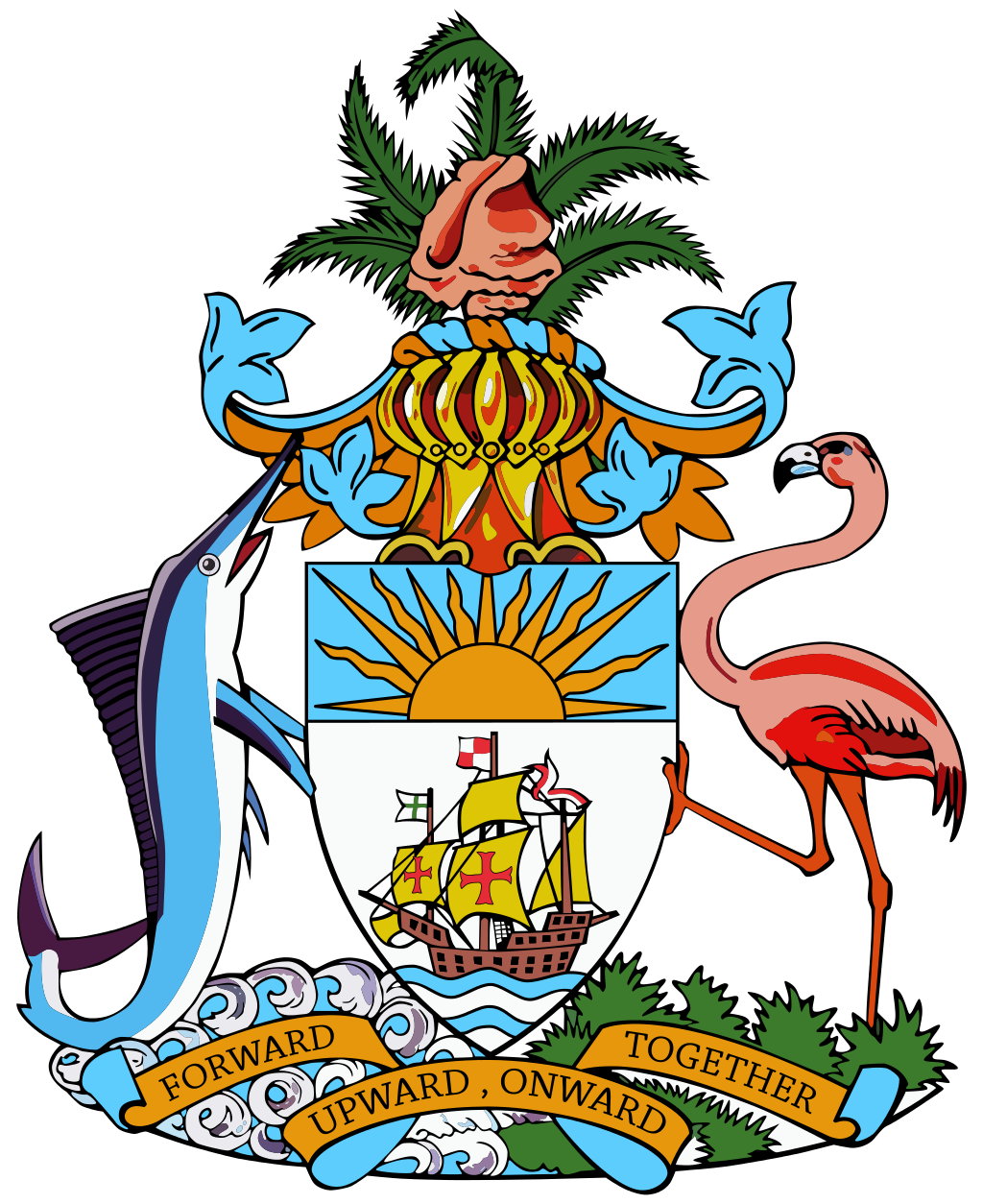Location
Lucayan Indians inhabited the islands when Christopher COLUMBUS first set foot in the New World on San Salvador in 1492. British settlement of the islands began in 1647; the islands became a colony in 1783. Since attaining independence from the UK in 1973, The Bahamas has prospered through tourism, international banking, and investment management. Because of its location, the country is a major transshipment point for illegal drugs, particularly shipments to the US and Europe, and its territory is used for smuggling illegal migrants into the US.
The Bahamas is a parliamentary democracy under a constitutional monarchy.
Source: CIA World Factbook
Members:
Resources
Displaying 56 - 60 of 86Perpetuities Act, 1995 (Cap. 114).
This Act concerns perpetuity created on property including land by an instrument inter-vivos, the exercise of a special power of appointment or will. The Act prescribes rules for the validity and procedure of the establishment of perpetuity.
Abutments (Out Islands) Act (Cap. 271).
This Act concerns permission of the Minister to any residents to build a wharf or abutment, from the private land of such person or persons which may abut on to the port or harbour of the district in which the application is made, into such port or harbour. A plan for an abutment or wharf shall be submitted to the Minister. The Minister may order inspections and issue a notice if an abutment or wharf is not in a proper condition or is likely to impede or interfere with the navigation of the port or harbour.
Fraudulent Dispositions Act, 1991 (Cap. 78).
This Act aims at the avoidance of fraudulent dispositions including any transaction, gift, grant or transfer of property of any nature whatsoever. Subject to the provisions of this Act, every disposition of property made with an intent to defraud and at an undervalue can be declared null and void at the instance of a creditor thereby prejudiced. The Act sets out rules for legal proceeding following a suspected fraudulent disposition. The burden of establishing an intent to defraud for the purposes of this Act shall be upon the creditor seeking to set aside the disposition.
Abutments Act (Cap. 270).
This Act concerns the right to construct abutments in the Harbour of Nassau and inspection of the Director of Public Works upon completion of such works. The Act also concerns rights of way in relation with abutments, public abutments, rights of ownership and restrictions on construction.
Estates Tail Barring Act (Cap. 143).
This Act defines full rights and powers of an actual tenant in tail, whether in possession, remainder, contingency or otherwise, to dispose of for an estate in fee simple, absolute, or for any less estate, the lands of which he or she is tenant in tail. A deed by which any disposition is made by a tenant in tail shall be recorded in the Registry of Records, within six months after the execution thereof.


